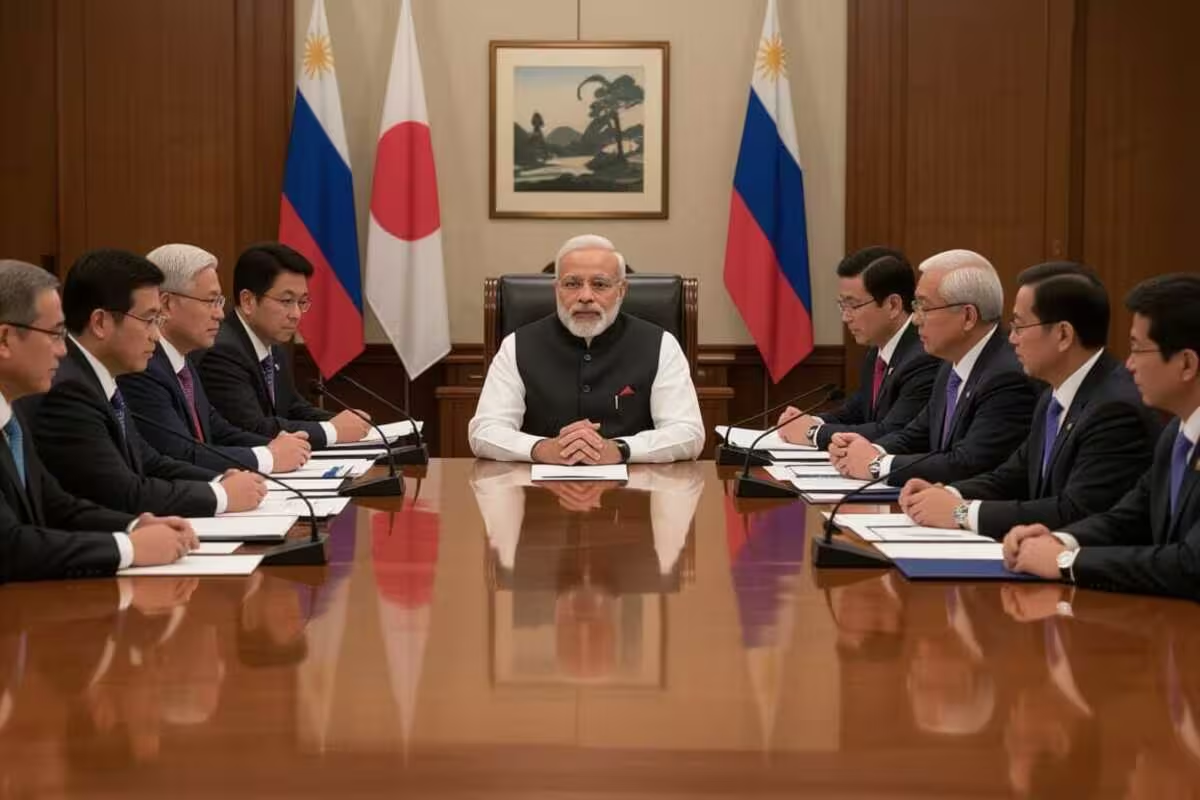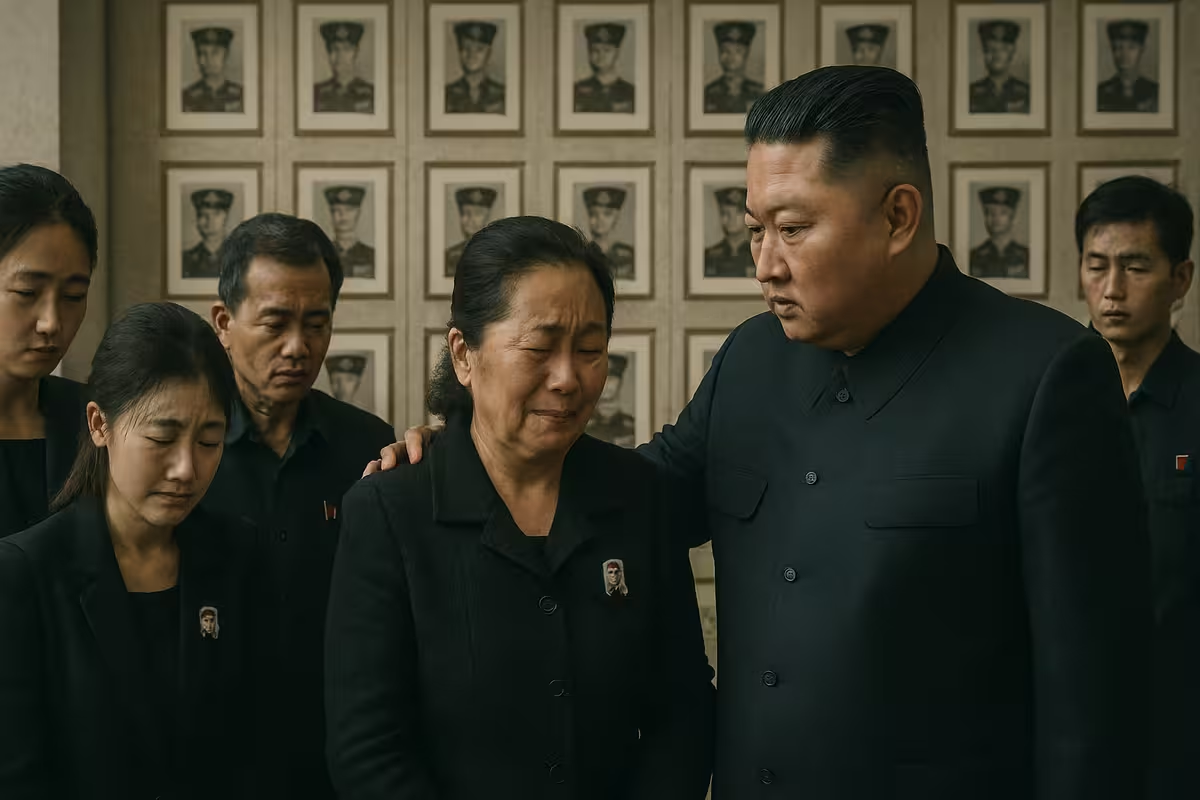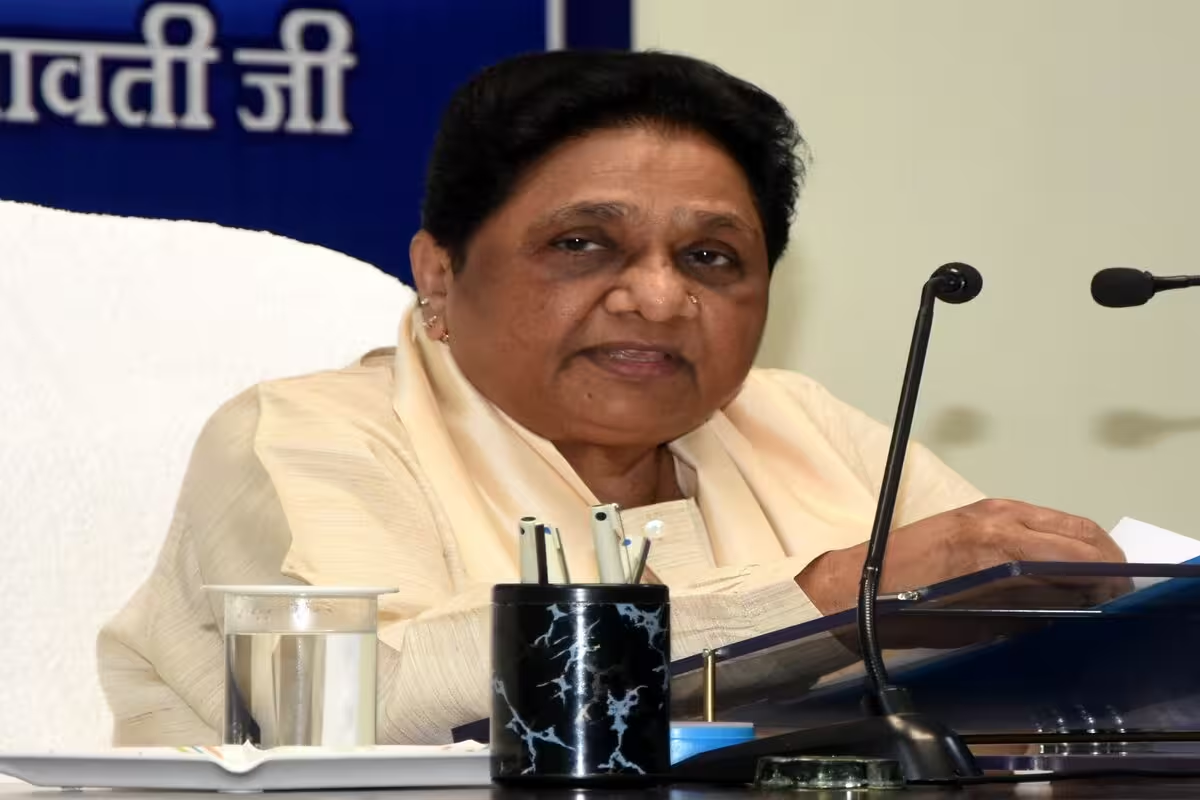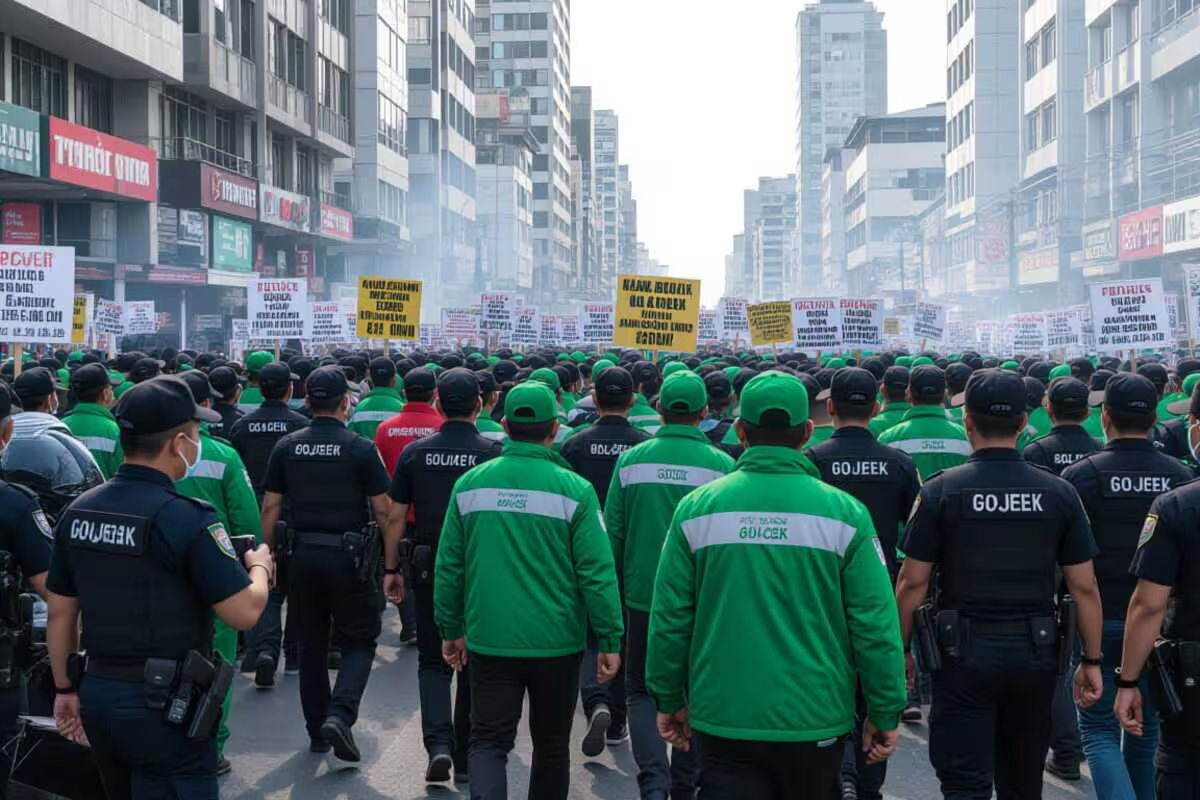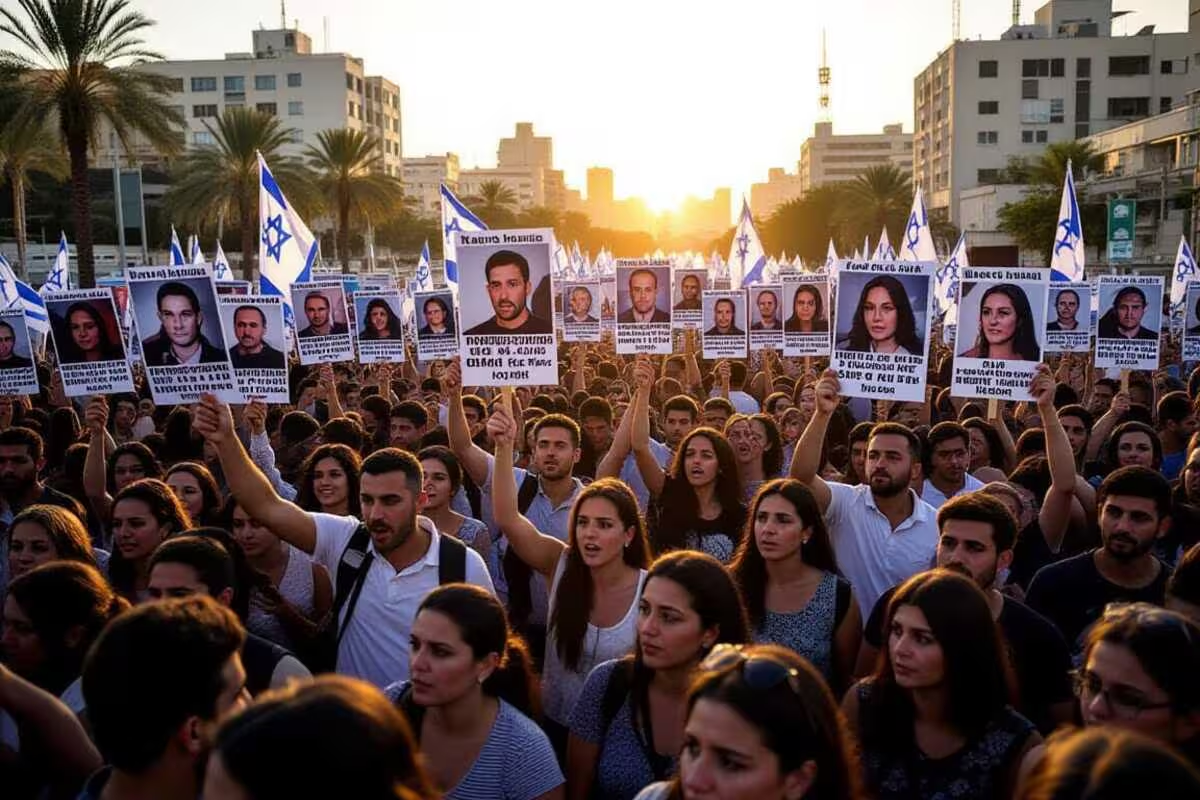Netanyahu Proposes US President for Nobel Peace Prize During Middle East Diplomatic Momentum
WASHINGTON, D.C., United States – July 8, 2025: On Monday, Israeli Prime Minister Benjamin Netanyahu declared he has nominated US President Donald Trump for the Nobel Peace Prize due to the US president’s efforts in “forging peace” across the Middle East. The announcement was made during a high-profile meeting at the White House between the two leaders discussing regional security and ongoing fighting in Gaza.
Netanyahu’s Justification and Credit
During the press briefing, Netanyahu handed Trump a copy of the letter nominating him for consideration by the Nobel Committee, saying that the honor was well-deserved. He also hailed Trump’s leadership: it is appreciated not just by Israelis but also by the Jewish people and a great international audience. He also underscored the fact that it was under Trump’s previous term that the Abraham Accords were forged, insisting that that president was “forging peace as we speak, and one country and one region after the other.”
Gaza and Iran Talks
Overall, the resumed hostilities would figure in their talks, a significant part of which included trying to crack this ceasefire-and-hostage release deal in Gaza. Trump has pretty much put the pressure on ending all hostilities, which have lasted the better part of the past 21 months, all amid huge devastation. This week, US Special Envoy to the Middle East Steve Witkoff is to head to Doha, Qatar, to continue to negotiate presence in the talks on ceasefires and hostages, also emphasizing the mediating role of the United States.
Then there was also some discussion of the recent joint US-Israeli strikes on Iranian nuclear facilities, both leaders calling it a success. Netanyahu expressed his gratitude for America’s involvement, and Trump indicated that talks with Iran might be resumed soon—a complex diplomatic knot at the end of the region.
Noble Yearnings and Larger Peace Initiatives
He has repeated himself on the desire for a Nobel Peace Prize many times. He, himself, had cited mediation efforts in several conflicts, along with the Abraham Accords, as part of the justification for such an honor. The nomination adds on to a long list of previously garnered endorsements from all kinds of supporters and lawmakers.
Thus extends these discussions far beyond the crisis itself and the actions taken just recently in terms of Iran and between the two leaders. In addition, the leaders explored broader opportunities for additional countries joining the Abraham Accord—one of the cornerstones of the US’s regional diplomatic strategy.
Ceasefire Obstacles and the Future of the Palestinians
Clearly, some daunting challenges lie ahead in achieving a permanent solution in Gaza. A Palestinian official has also raised issues about humanitarian aid, movement through the Rafah crossing, and a clear timetable for withdrawal of Israeli troops at the report of Hamas seemingly responding in a “positive spirit” to the US-backed ceasefire proposal. Netanyahu’s office stated that some proposals made by Hamas are “unacceptable” to Israel, particularly one calling for the end of the war prior to securing the release of all hostages. Israel insists that the war end only after Hamas capitulates, disarms, and goes into exile.
Also added by Netanyahu was that they were working with the US to source countries willing to offer Palestinians a better future, aka options for voluntary departure from Gaza. That proposition has been interpreted variously; some previous White House statements indicated a desire that Palestinians were to have the “freedom to choose.”






